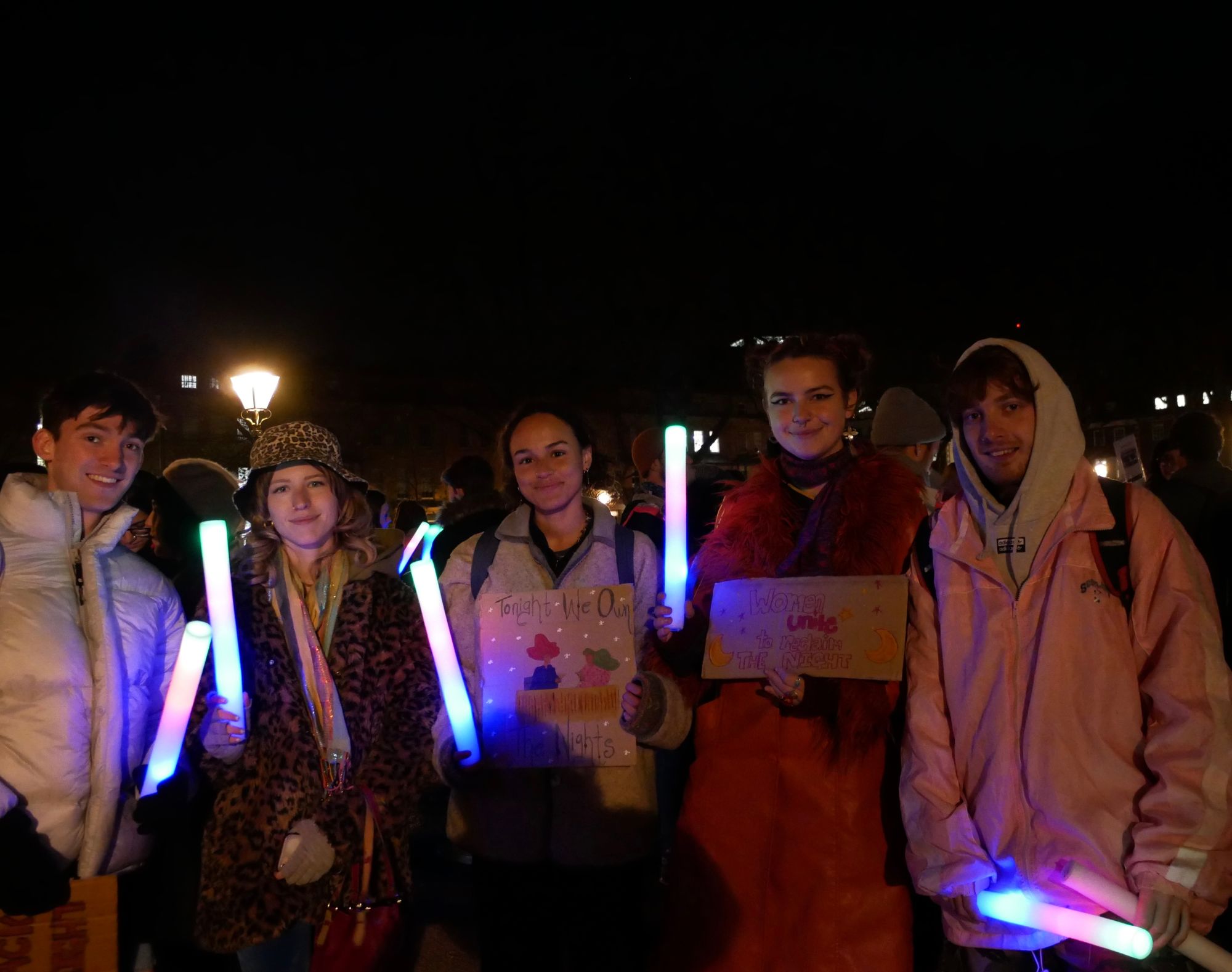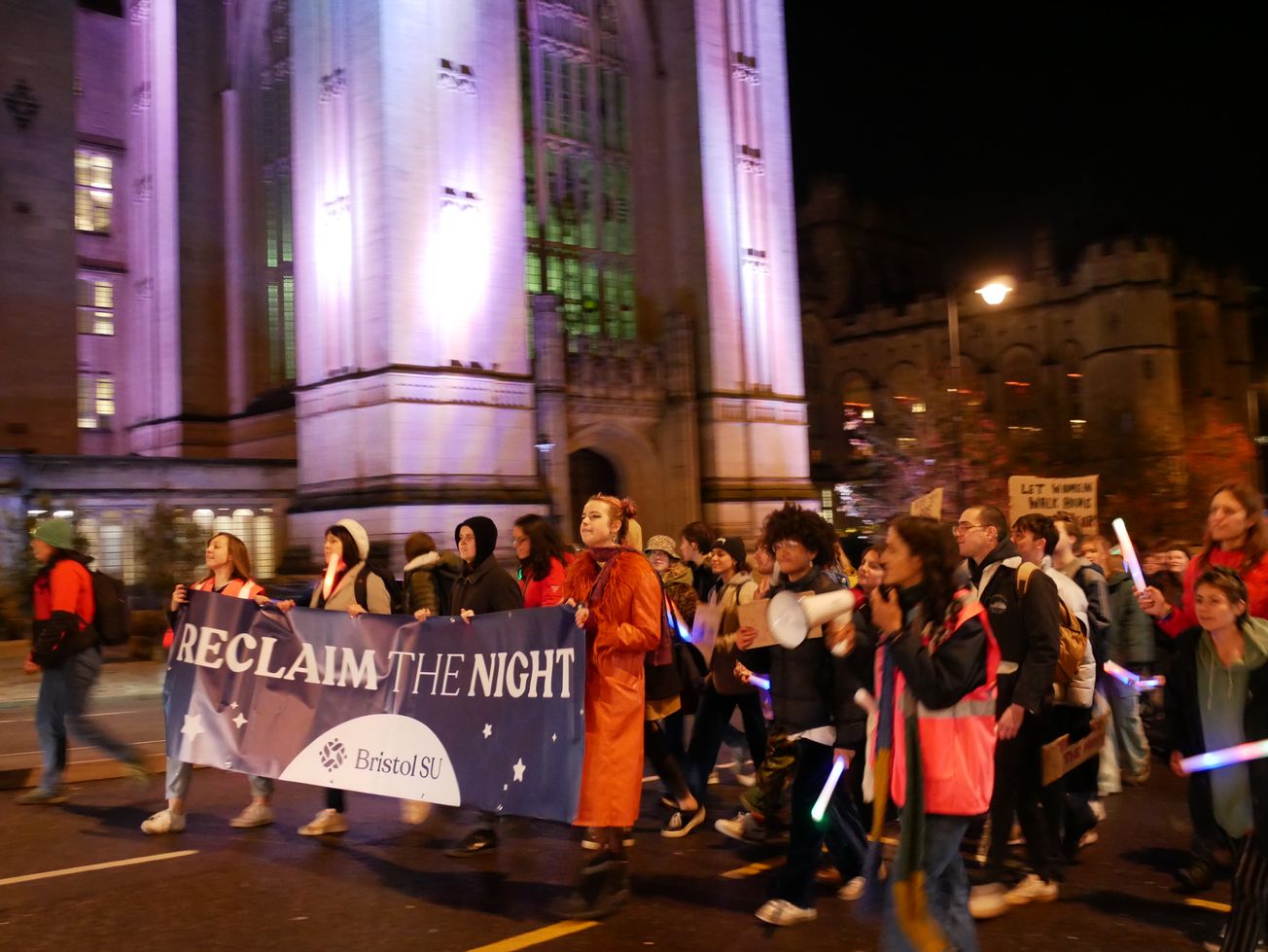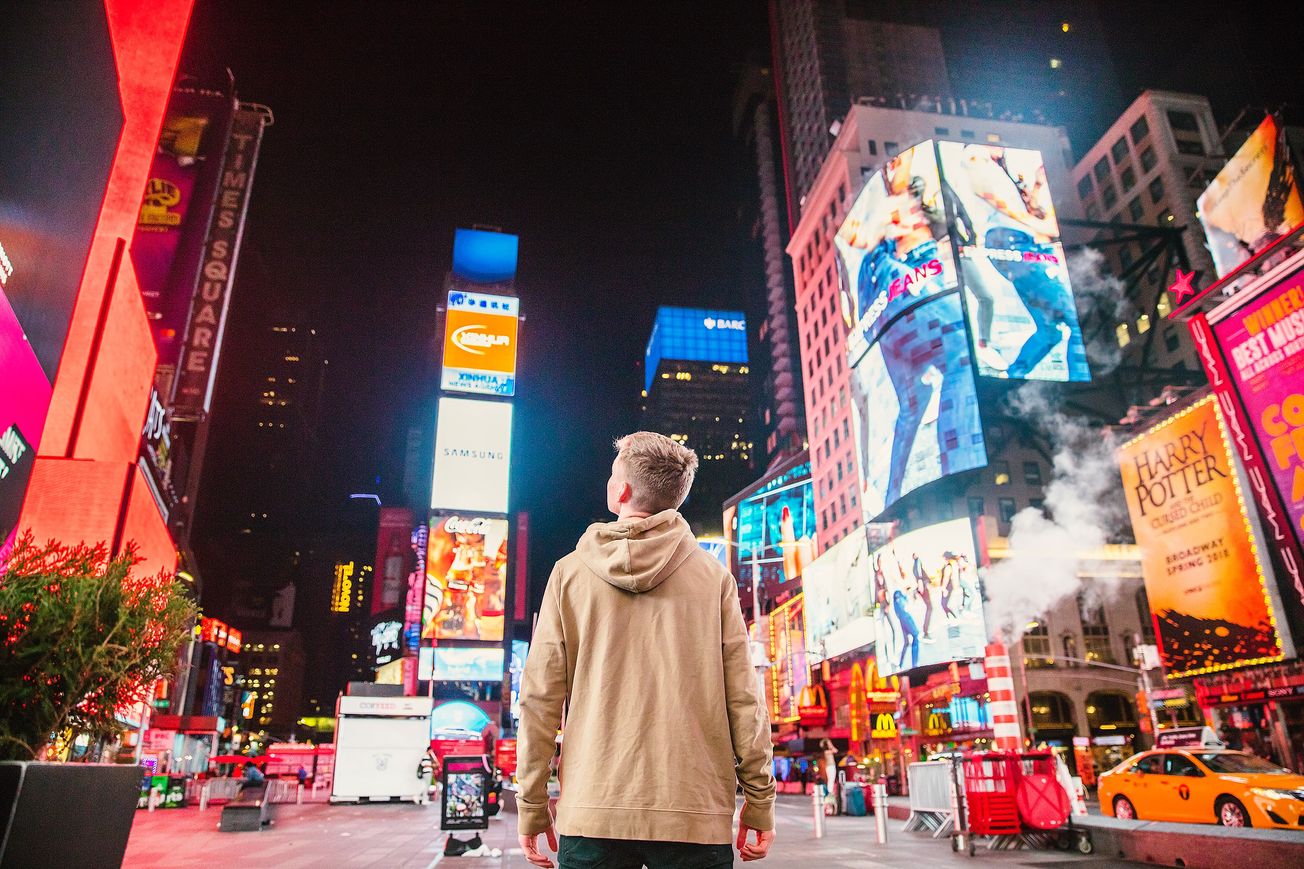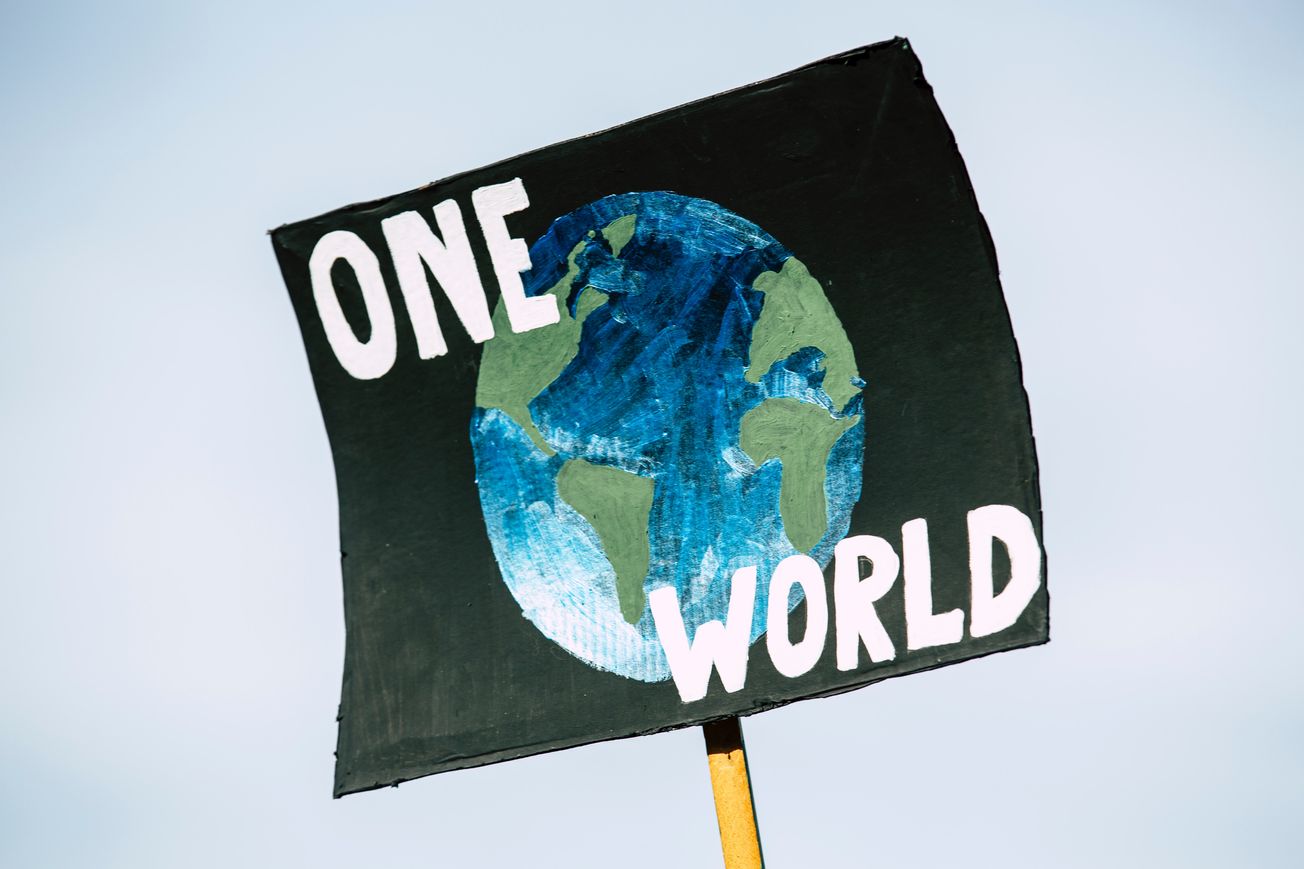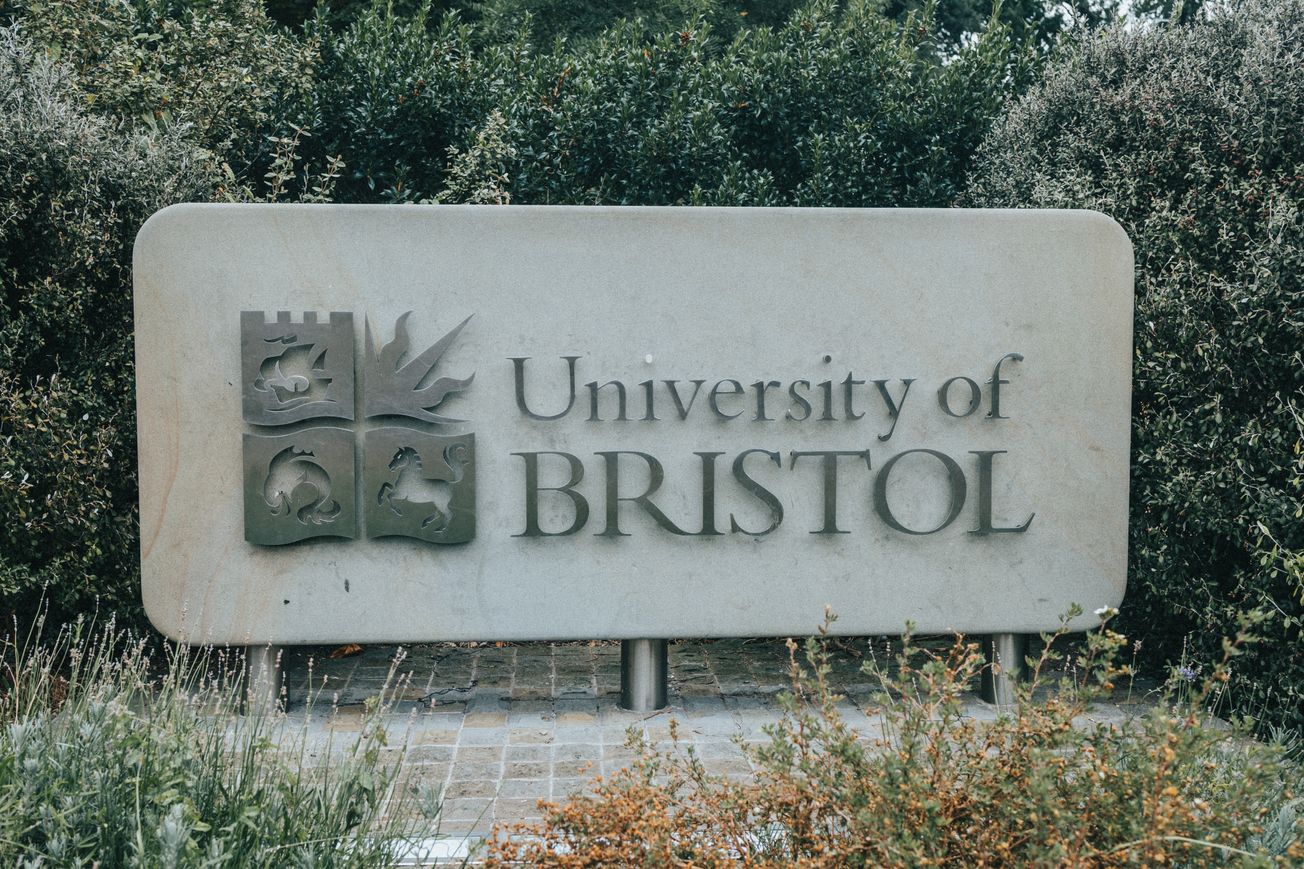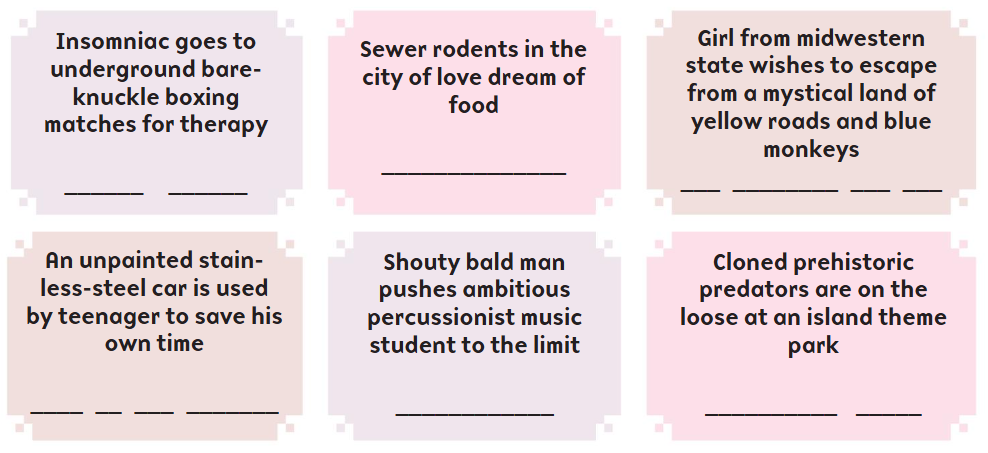By Nadia Ferraris, Third Year Social Policy and Sociology
On Thursday, students gathered in Queens Square to join a march that has been going on since the 1970s.
The Reclaim the Night march began in Leeds in response to the inadequate investigation of murdered women in the area. The sole safety advice given was to avoid going out at night at all costs.
In reaction to this unhelpful attitude, women staged torch-lit marches through the streets at night, emphasising that they should be able to travel anywhere and should not be blamed or limited by male violence.
The idea behind Reclaim the Night has evolved from a night for women to walk the streets without fear of harassment or sexual violence to also being a place of protest for all from forms of gendered violence suffered on the streets.
As a result, members of Justice for Bristol Protestors (JBP), a group formed of loved ones of those arrested and sentenced during Kill the Bill rallies, also marched yesterday.
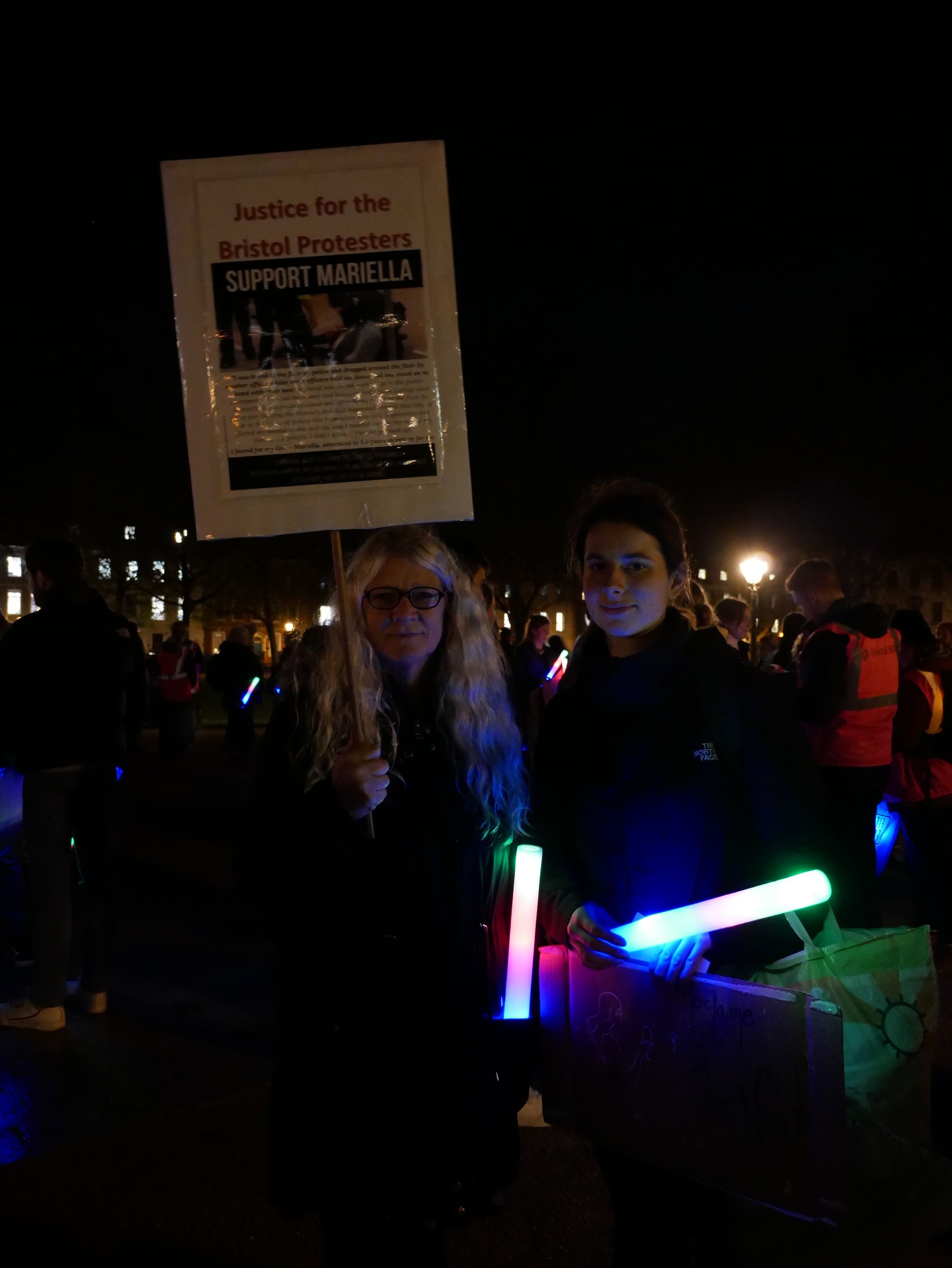
Before the march began, Saranyah Thambirajah, Bristol SU's equality, liberation, and access officer, stated: ‘Reclaim is an opportunity for us all to march together to take an active stand against gender-based violence and oppression; demonstrating our defiance to living in fear... We will not accept victim blaming or blurred lines around consent in 2022. This march is just the beginning of the fight for a safer university, a safer Bristol, and a safer society.’
A group of students interviewed at the protest said: ‘Unsafe streets are a timeless issue, and if it is to change, it must change now.’
This statement is directly related to the recent spikings that have occurred around clubs in the United Kingdom, with 198 cases documented in Bristol in the last six months. This significant increase of incidents has exacerbated the safety concern that women face in the city at night.
When asked why they had come to the march, one protestor stated: ‘People don't realise how big of a deal it is, so I want to march for this cause and make it important.’ The protest was effective in this goal because the demonstrators made their presence known and stood firm in the face of insults from the sidewalk.

There were individuals designated to protect and guide the protestors, and they performed an excellent job of safeguarding the procession and shutting the side streets, with only a few incidents of enraged vehicles dangerously driving past them.
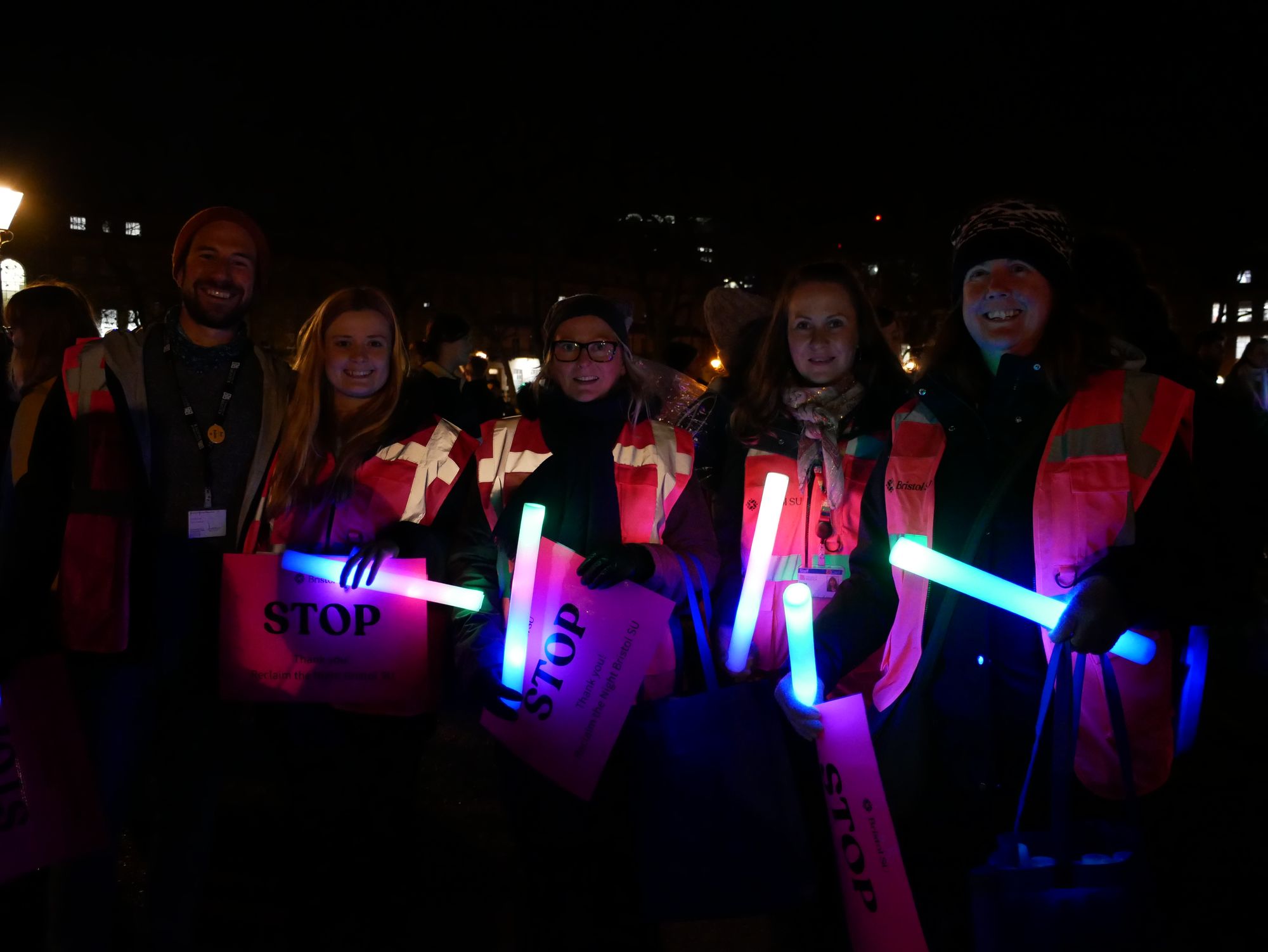
Overall, the protesters successfully marched up Park Street, past the Wills Memorial, screaming ‘Whose streets? Our Streets’ and ‘What do we want? Safe streets. When do we want it? Now.’ A child at the back of the demonstration, astounded by the response to the chanting, decided to take the initiative and start their own rally at the back, making the protest even more heartwarming and fun.
The procession ended at the SU, where speeches were delivered by the Bristol Feminist Collective, That's What She Said, Bristol Sex Workers Collective, and iFemSoc.
For those who did not get to attend the 2022 march, the next protests will take place next year around the beginning of the 16 Days of Action, which traditionally begins with the International Day for the Elimination of Violence against Women on the 25th of November and runs through International Human Rights Day on the 10th December.
